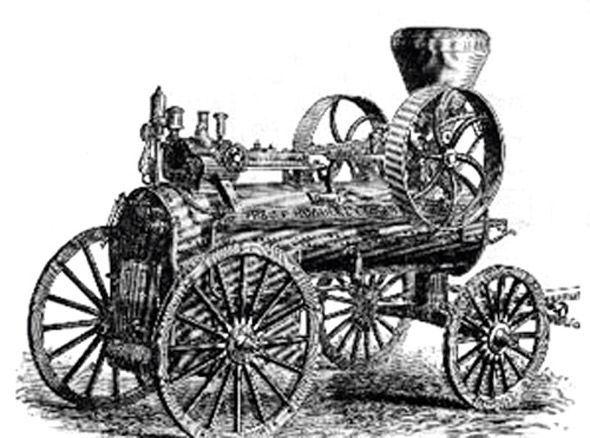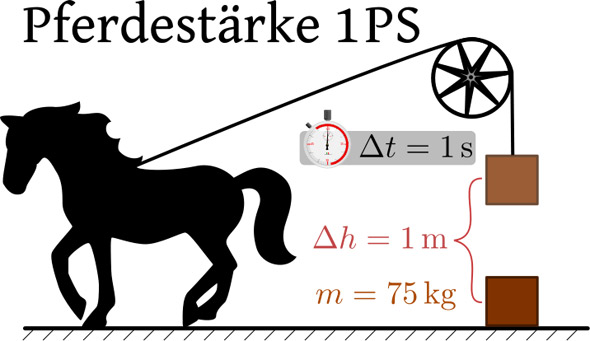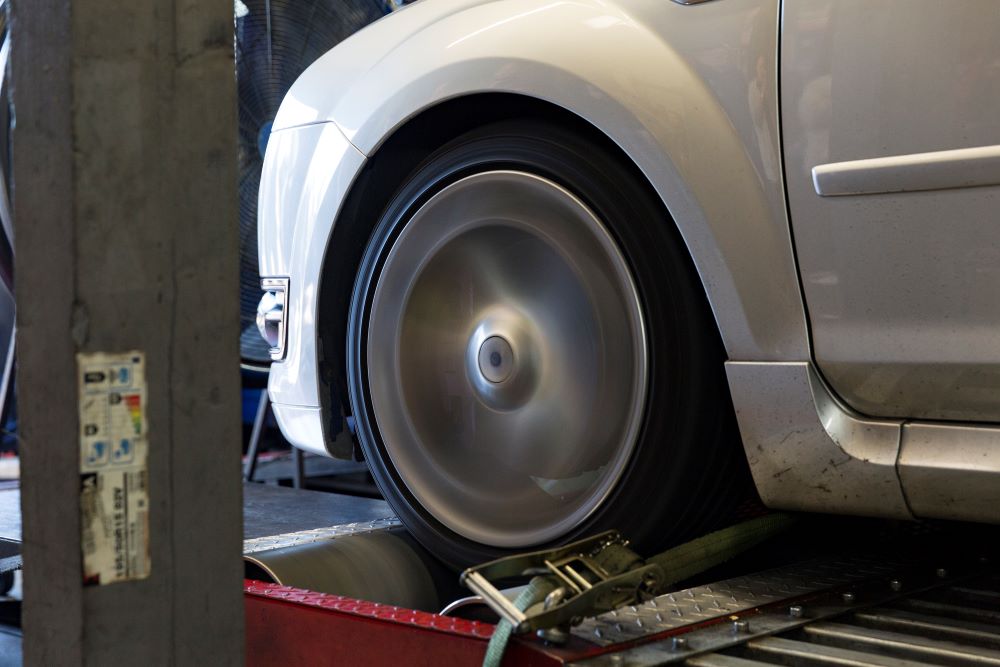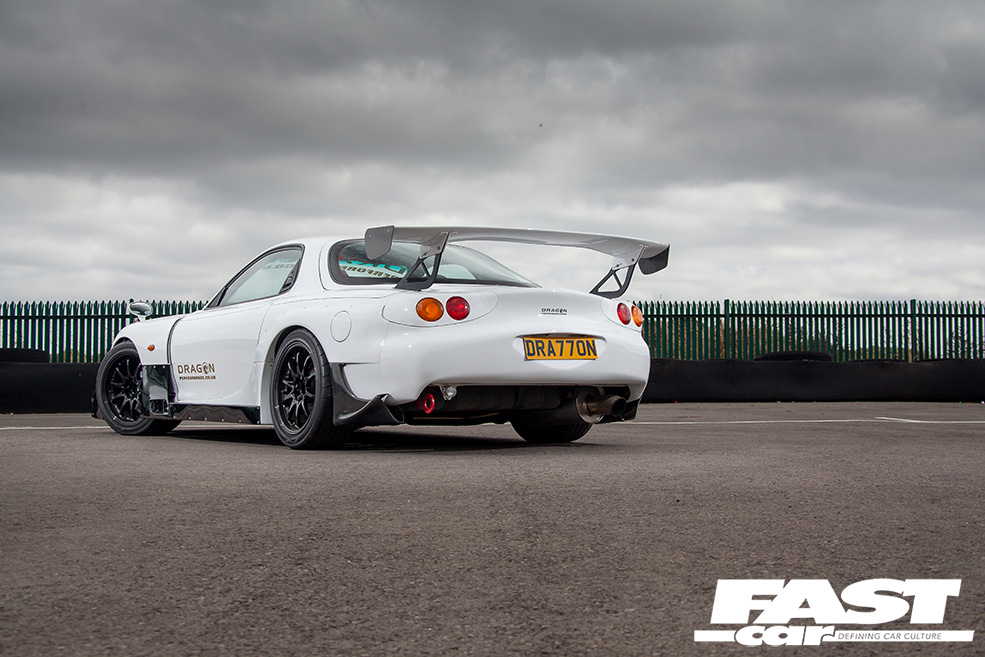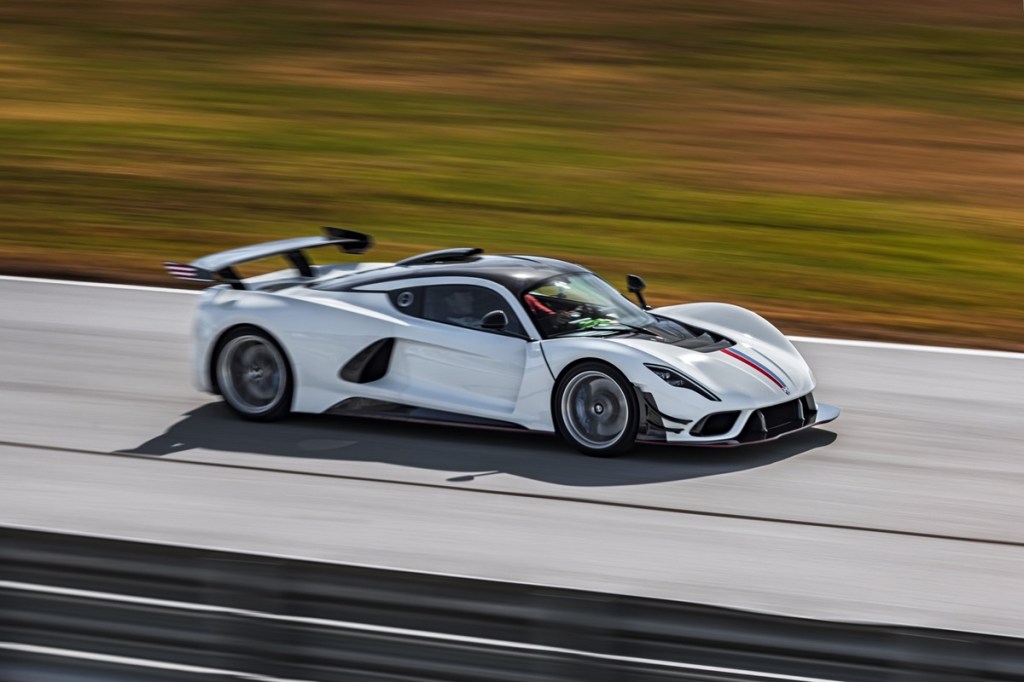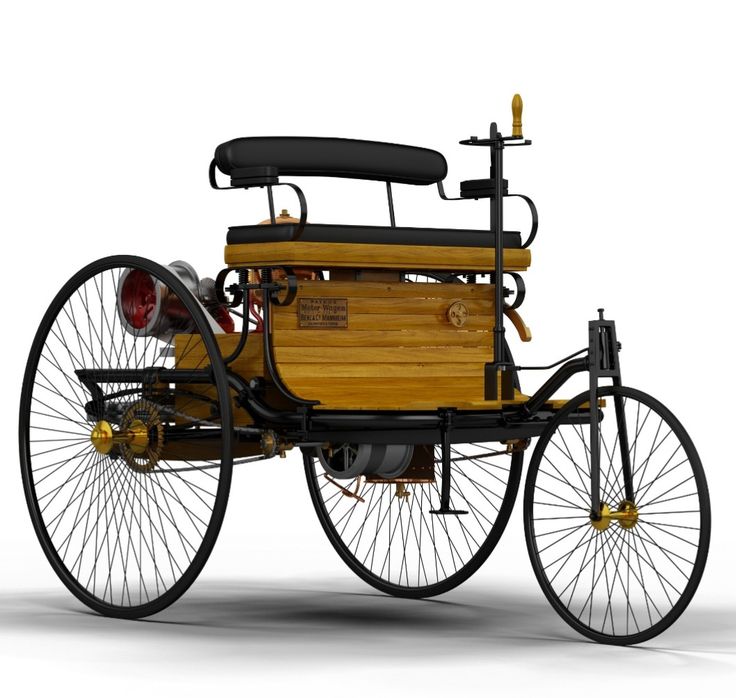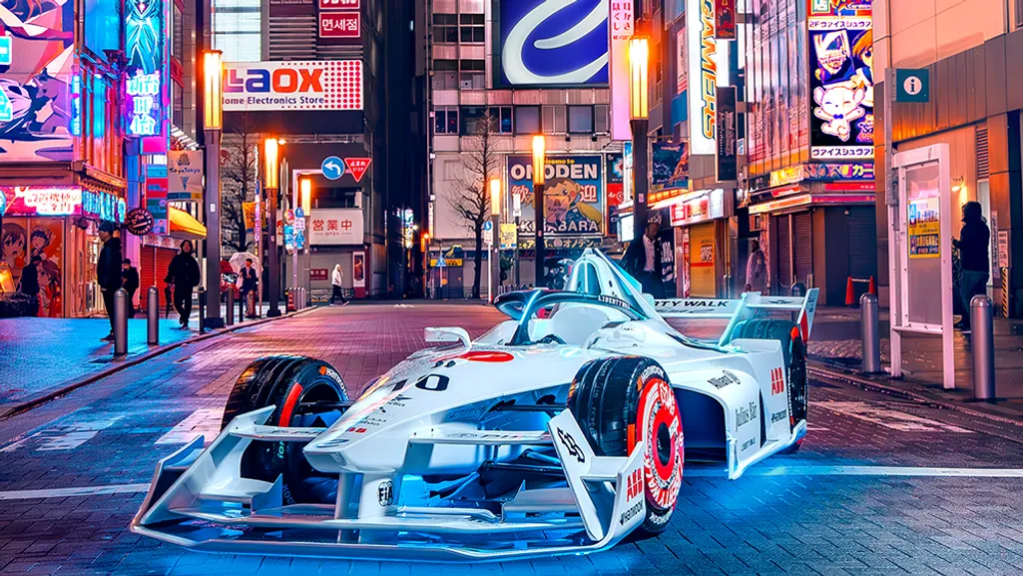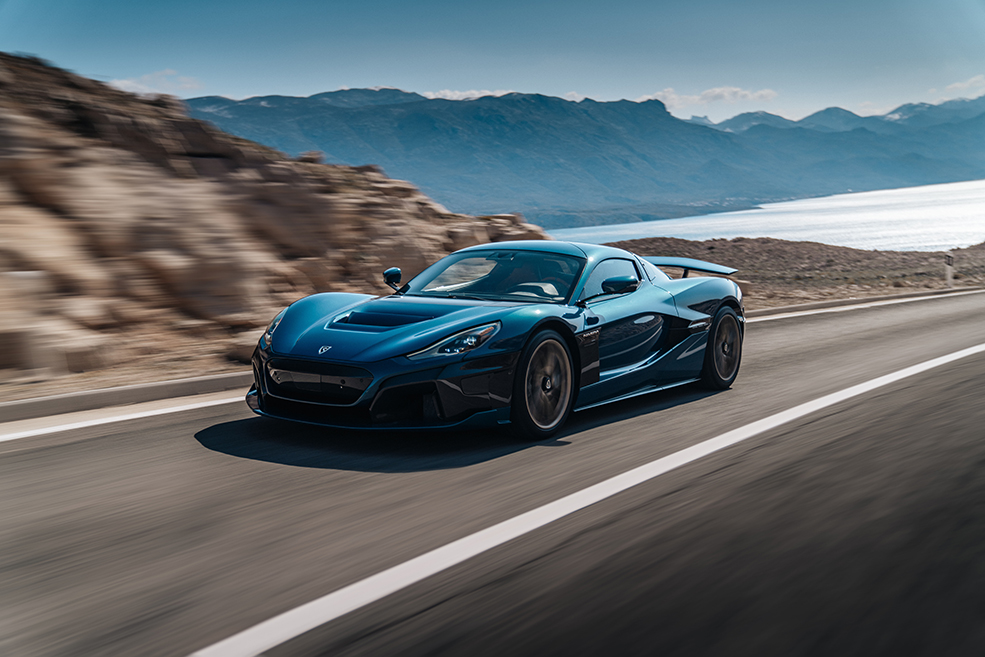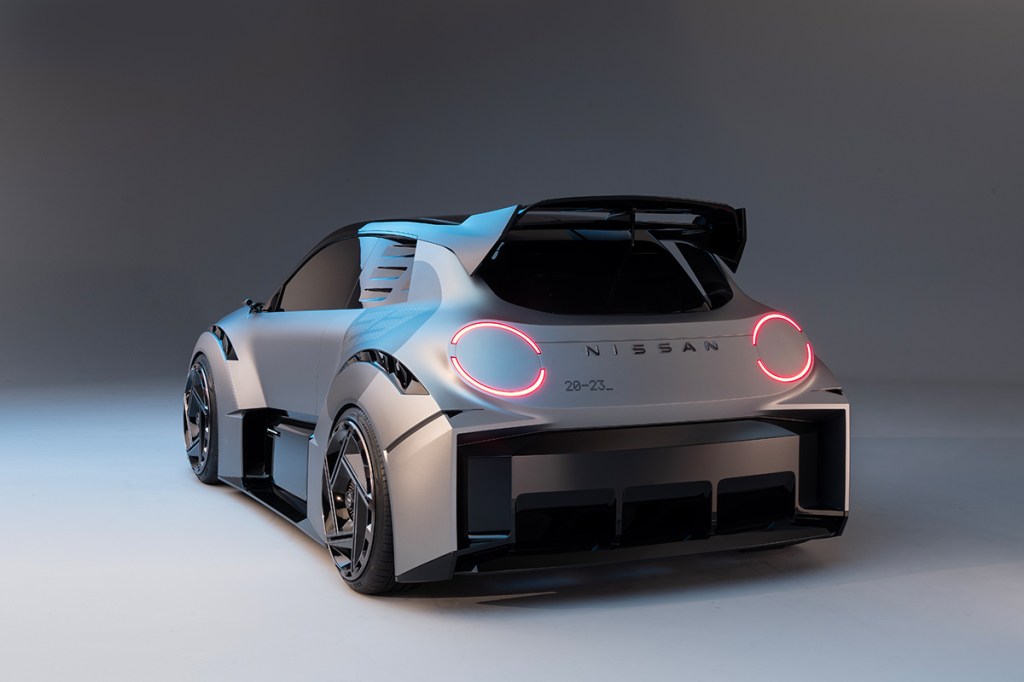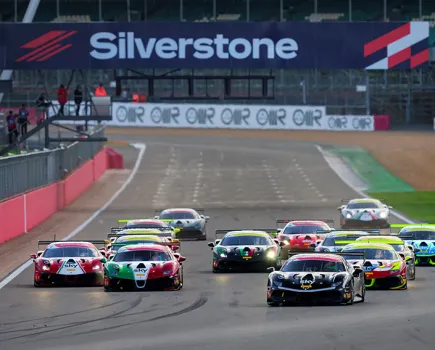Horsepower is the most common metric used to measure a car’s performance. But how much do you really know about it? Here are 10 facts that might surprise you.
1: The Origin of Horsepower
Horsepower was coined by James Watt, the engineer who kickstarted the Industrial Revolution with his steam engine. He used it to compare the power of steam engines with the power of horses working in coal mines. Incidentally, the ‘watt’ unit of energy we often see on electrical devices was named in his honour – and as we move into an era of electric cars with power outputs quoted in Kw more commonly than Hp, we’re still recognising the same ingenious engineer from the 18th Century.
2: The Calculation
Horsepower is effectively torque multiplied by speed. One horsepower is technically defined as the ability to move 550 pounds one foot in one second, or 33,000 foot-pounds per minute.
3: Not All Horsepower is Created Equal
There are several different types of horsepower. There’s brake horsepower (bhp), wheel horsepower (whp), and metric horsepower (PS/CV), among others. Each measures something slightly different.
4: Horsepower Doesn’t Equal Speed
More horsepower doesn’t always mean a faster car. Torque, aerodynamics, and weight also play a huge role in a car’s speed.
5: The Most Powerful Production Car
Things are constantly improving, but as of now the most powerful production car is the Lotus Evija with 2000hp! This is an electric car with four very powerful electric motors. The most powerful internal combustion engine (ICE) powered car right now is the Hennessey Venom F5 with over 1800hp!
6: Horsepower vs. Pony Power
Interestingly, ‘pony power’ is a term that exists! One pony power is roughly equivalent to 0.82 horsepower.
7: The First Car’s Horsepower
The first car, Karl Benz’s Motorwagen, had just 0.9 horsepower. Look how far we’ve come!
8: We Can Waste Horsepower
Inefficient cars can waste over half of their horsepower just overcoming friction and heat loss. That’s why motorsport teams focus so much time and investment on making their cars as efficient as possible.
9: Electric Cars and Horsepower
Electric cars often have high horsepower ratings because electric motors can generate a lot of torque, which contributes to horsepower. Remember, we calculate horsepower by multiplying torque and rpm (and then dividing by 5252).
One of the most powerful electric cars available is the Rimac Nevera. The latest version has four electric motors that produce a combined 1914hp and nearly 1700lb.ft!
10: The Future of Horsepower
With the rise of electric vehicles, the use of horsepower as a unit to measure a car’s performance might decrease as we move towards using kW (kilowatts) instead. Using kW is better for electric cars because it allows us to uniformly represent the motor output, battery size, and recharging rates using the same unit.
Enjoyed learning 10 things about horsepower? Check out our other Top 10 features too!
Want to learn more about horsepower?
Check out some of our other features relating to horsepower:

What is Horsepower?
Have you ever wondered what horsepower really means? And why it’s so crucial when it comes to performance cars? Get ready to explore its impact on the world of modified cars.

What is Engine Torque?
Ready to explore the concept of engine torque and what it means for performance car tuning? Let’s dive in…

Horsepower Or Torque: Which is More Important?
Horsepower and torque are words that we’ve all heard before, but which one is more important to have in a car? Here’s the full lowdown…

Types of Horsepower Explained
How much horsepower has your car got? Well, that depends on what units you’re using and how it was measured. There are several different types of horsepower figures, and they all mean something slightly different. Read on to learn more…


